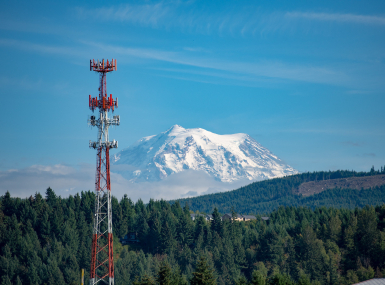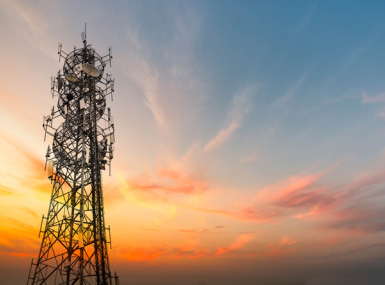Support Additional Appropriations for the Affordable Connectivity Program

Author

Seamus Dowdall
Upcoming Events
Related News
Action Needed
Urge your Members of Congress to support additional appropriations for the Affordable Connectivity Program (ACP) to preserve a broadband affordability program at the Federal Communications Commission (FCC). The ACP exhausted funding in May 2024, and Congress has yet to appropriate additional funding. As a result, millions of households were de-enrolled from the program.
Background
The Affordable Connectivity Program (ACP) is a benefit program that helped ensure households can afford reliable broadband services for work, school, healthcare and much more. The ACP was enacted by the Bipartisan Infrastructure Law in November of 2021 with a one-time appropriation of $14.2 billion, and it served as an extension of the Emergency Broadband Benefit, which provided a monthly benefit to eligible households to receive access to broadband during the first 18 months of the COVID-19 pandemic.
The ACP provided a discount of up to $30 per month towards internet service for eligible households and up to $75 per month to households on qualifying Tribal lands or high-cost areas as defined in the Bipartisan Infrastructure Law. Eligible households could also receive a one-time discount of up to $100 to purchase a connectivity device, such as a laptop, desktop computer, or tablet.
The ACP had over 23 million enrolled households to date; however, Congress failed to re-appropriate the program as funds from the onetime appropriation dwindled in the first four months of 2024. On June 1st, 2024, the program formally expired, after remaining funds for the program were disbursed in a final partial disbursement to eligible households.
There were several legislative proposals to extend funding for the ACP during the 118th Congress, including the following:
- The Affordable Connectivity Program Extension Act of 2024 (S. 3565 and H.R. 6929), which would provide $7 billion in funding for ACP and keep the program operational throughout the remainder of 2024. The bill was introduced by Sens. J.D. Vance (R-Ohio) and Peter Welch (D-Vt.) and Reps. Yvette Clarke (D-N.Y.) and Brian Fitzpatrick (R-Pa.) in the 118th Congress.
- Senate Bill 4317, which would provide $6 billion in funding for the ACP as well as implement programmatic changes to the ACP to improve fiscal sustainability and targeted support outcomes for the program. The bill was introduced by Sen. Ben Ray Lujan (D-N.M) in the 118th Congress and had bipartisan support in the Senate.
Key Talking Points
- The ACP served as a key tool for closing the digital divide, as many Americans remain disconnected from high-speed internet connectivity due to an inability to afford a subscription.
- The ACP provided critical support to households who could utilize their internet access through the ACP to attend health care appointments, conduct remote work, engage in remote learning for children and adults, and access digital government services and resources from their home or mobile.
Resource
Outreach Toolkit for Counties: The FCC’s Affordable Connectivity Program


House committee passes local broadband permitting preemption bills
The American Broadband Deployment Act of 2025 would enact new restrictions on a variety of state and local land use and zoning authorities pertaining to the deployment of telecommunications infrastructure.

FCC considers preemption of local authorities in broadband permitting process
Counties are partners in broadband deployment efforts – not barriers – and pursuing one-size-fits-all regulations will further burden progress towards closing the digital divide

NACo Legal Advocacy: Federal Communications Commission, et al v. Consumers' Research, et al
Federal Communications Commission, et al v. Consumers’ Research, et al. (FCC v. Consumers’ Research) could jeopardize what is known as the Universal Service Fund (USF). Through the USF, the FCC has provided billions of dollars to local governments and our residents, helping provide essential telecommunications and broadband services to unserved and underserved communities. FCC v. Consumers’ Research challenges the FCC’s legal authority behind the USF, putting multiple programs essential to equitable broadband deployment at risk.